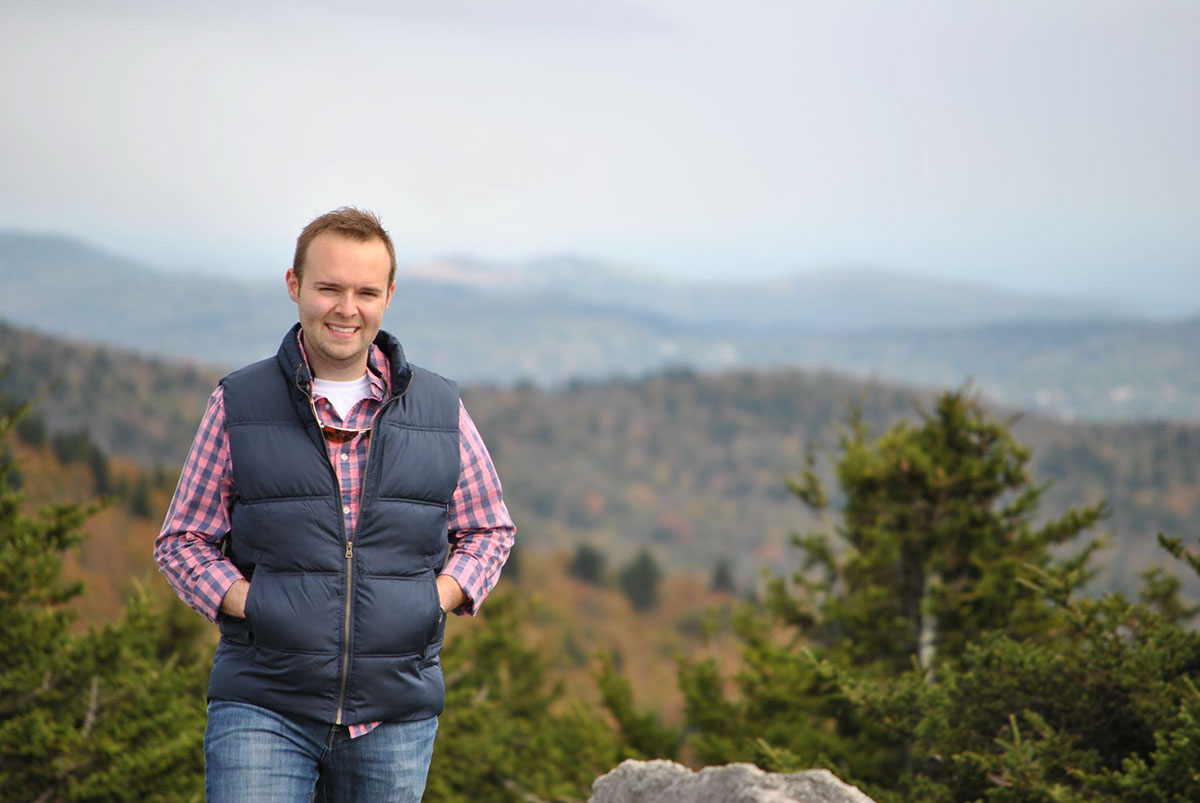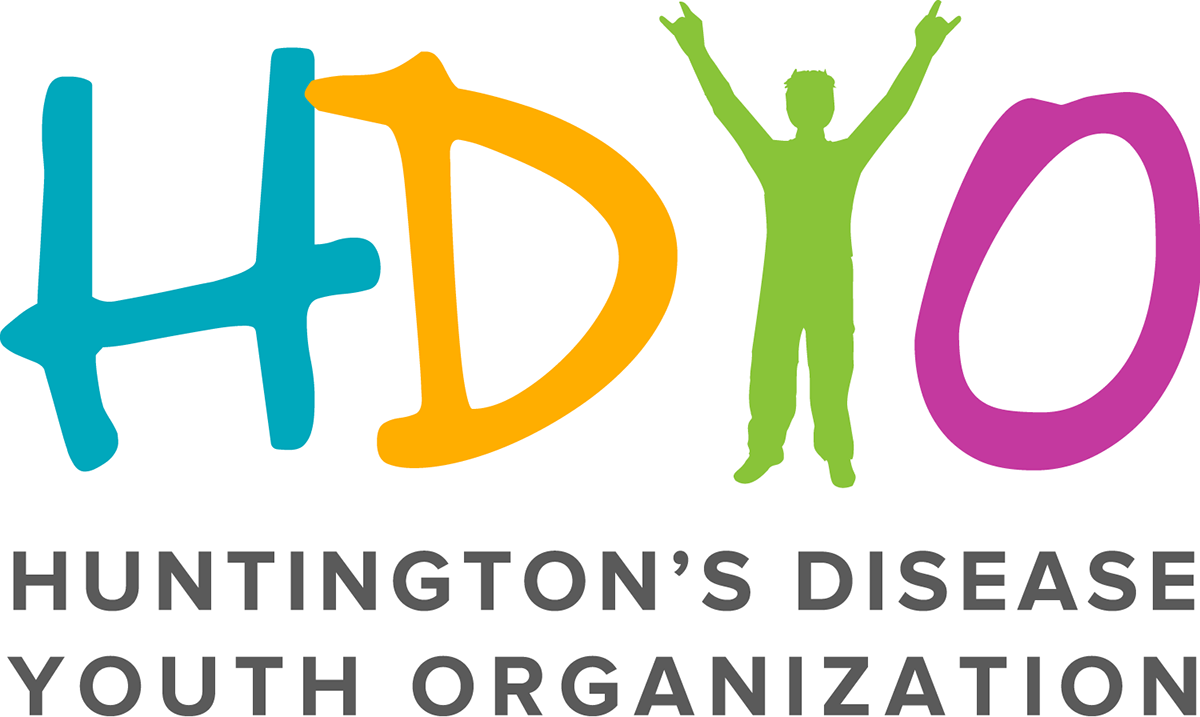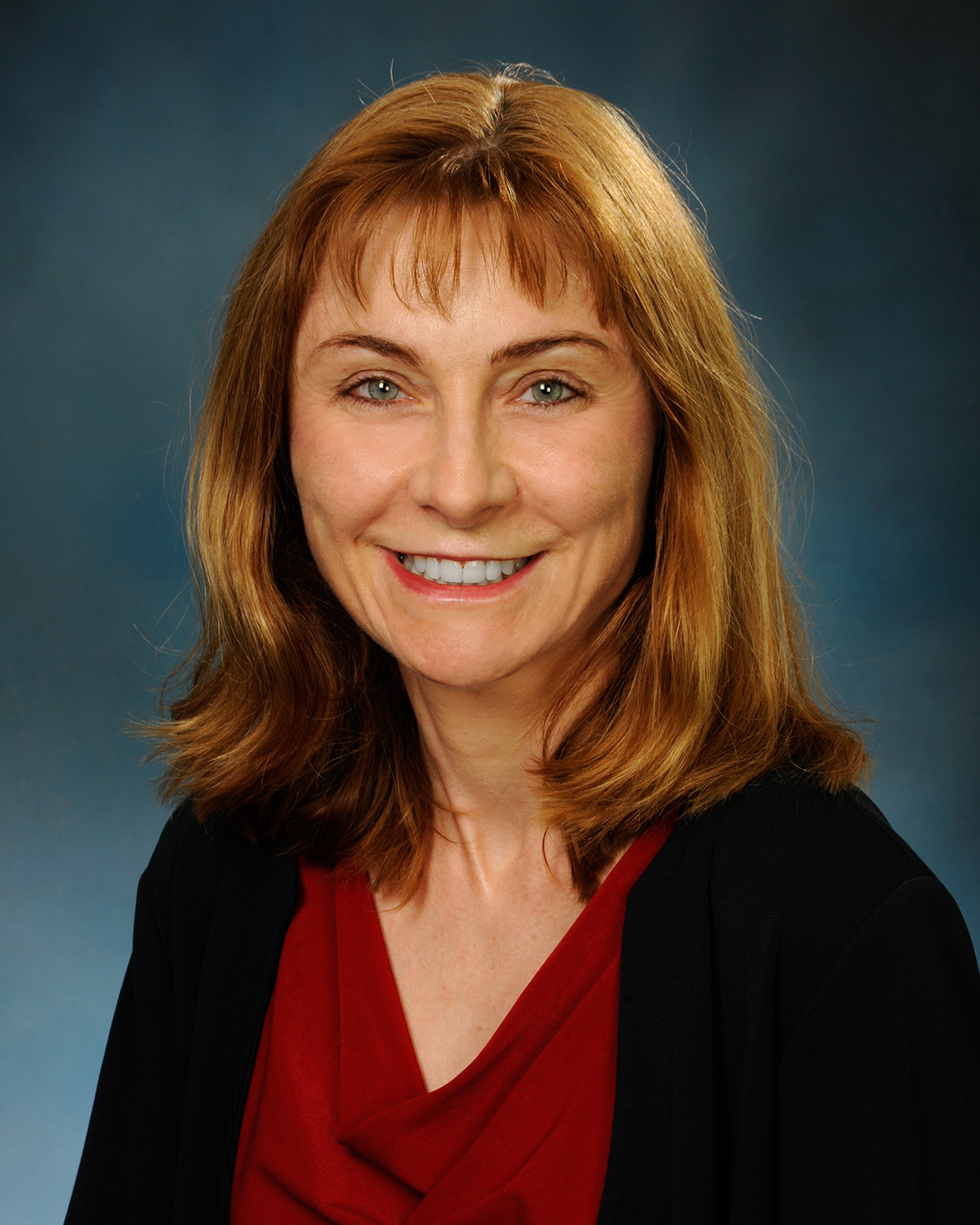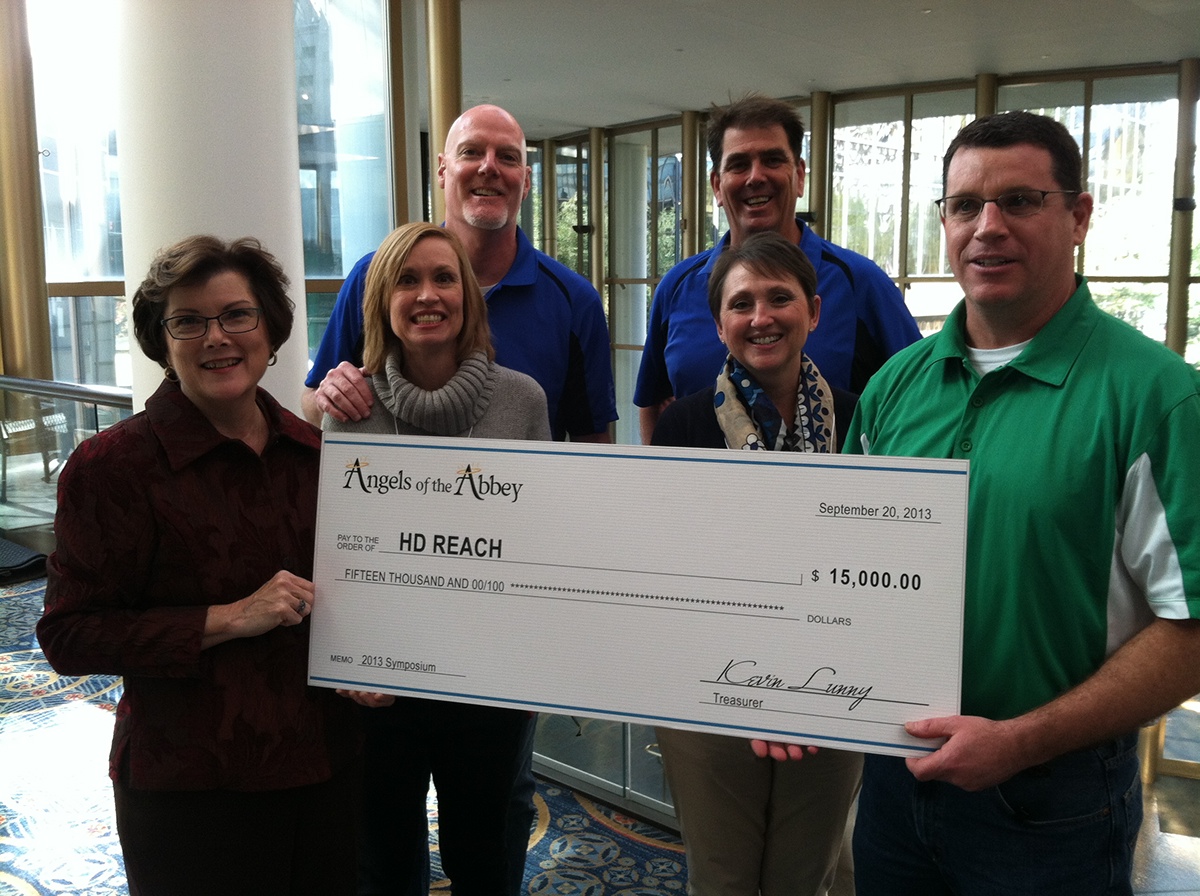

Jared Husketh, Director of Clinical Services, HD Reach
Husketh named Director of Clinical Services for HD Reach
Raleigh, N.C. - HD Reach, a nonprofit dedicated to helping patients and families affected by Huntington’s disease, named Jared Husketh Director of Clinical Services.
Husketh, a North Carolina native and member of the National Association of Social Workers, will coordinate statewide efforts to connect HD patients and families with medical and health care professionals, community resources, family education, and support groups.
Huntington’s disease is “under-recognized,” according to Dr. Francis Walker, a Professor of Neurology and Director of the Movement Disorder Clinic at Wake Forest Baptist Medical Center. “A small group of neurologists and physicians have seen Huntington’s.”
A big challenge for HD Reach is “helping patients find someone who could provide them with medical care,” says Walker, Chair of the HD Reach Medical Advisory Committee, a collaboration of statewide HD experts. “We have a huge state. Not everyone can go to Duke, UNC or Wake Forest for treatment.”
Huntington’s disease is a hereditary, progressively degenerative brain disorder without a cure, and only one approved treatment for symptoms. Huntington’s causes involuntary body movements, cognitive decline and a host of behavioral disturbances that slowly diminish a person’s ability to walk, talk, and reason.
“Jared is uniquely qualified to take the HD Reach mission statewide,” says Dr. Mary Edmondson, Clinical Associate in Psychiatry at Duke University and President of HD Reach. “In addition to his education and work experiences, he has been a family caregiver for loved ones with progressive motor and cognitive impairment. He is drawn to work with Huntington’s families because he understands the day-to-day challenges of living with a progressive neurologic disease. With Jared at the helm, we can now bring hope and help to the HD community from the mountains to the coast.”
Husketh completed his Master’s degree in Social Work at North Carolina State University and holds dual Bachelor's degrees in Political Science and Anthropology from NCSU. Jared's thesis included extensive research on human services program development, monitoring, and evaluation.
Contact information:
Mary C. Edmondson, MD
President, HD Reach
Phone: 919.803.8128
Jared Husketh, MSW
Director of Clinical Services, HD Reach
Phone: 919-803-8128
Email: jhusketh@hdreach.org
Robert B Butler | PR | www.RBButler.com


MedStar Georgetown Offers First U.S. Program for Young People Impacted by Huntington Disease
WASHINGTON, D.C. -- Young people from Baltimore to Richmond impacted by Huntington Disease -- a hereditary, progressively degenerative brain disorder that leads to death and has no cure -- now have easy access to a broad range of support services, thanks to a pioneering international partnership spearheaded by the Huntington Disease Care, Education and Research Center at MedStar Georgetown University Hospital.
With support from the Griffin Foundation in Washington, D.C., and in partnership with MedStar Georgetown and The Huntington's Disease Society of America, the British-based Huntington Disease Youth Organization (HDYO) has opened its first U.S. office at MedStar Georgetown.
“HDYO will offer events, online resources, connection with peers and one-on-one mentoring for youth up to age 25 and their families,” says Chandler Swope, director of youth services in the Mid-Atlantic region for HDYO.
"For a child of someone who has HD, there's a 50 percent risk they will inherit the disease," Swope says. "That's a lot for a young person to carry, particularly as they watch the disease progress in the family member."
A joint effort that MedStar Georgetown University Hospital and Georgetown University Medical Center (GUMC) launched two years ago, the Huntington disease center offers one-stop services for patients and families in Washington, D.C., Maryland and Virginia. The region is home to an estimated 1,400 people with HD and more than 9,000 people at risk of the disease.
In a single four-to-five hour visit to MedStar Georgetown, patients can see up to eight clinicians, including a social worker, neuropsychiatrist, neurologist, neuropsychologist and genetic counselor, as well as a physical therapist, speech and swallowing therapist, and occupational therapist. It is one of the only HD clinics anywhere to employ a full-time social worker.
Now, through the new partnership, HDYO will provide services that traditionally have not been available at HD clinics to help youth deal with the impact of having a parent with HD.
“Young people with a parent with HD not only must try to cope with the challenges of growing up, but often must serve as caregivers, while dealing with -- and grieving over -- their parent's progressively declining physical, mental and psychological health,” says Karen Anderson, MD, director of the HD center at MedStar Georgetown and professor of psychiatry and neurology at GUMC. “As a result, these young people often experience depression, anger and sleep deprivation and the psychological impact of knowing you might inherit the disease can be devastating."
HDYO will work with HD families at Georgetown, and at clinics at MedStar Montgomery Medical Center in Olney, Maryland and in McLean, Virginia. HDYO will also collaborate with other HD clinics in the Mid-Atlantic region to ensure that all impacted families can access services.
HDYO, which works with four youth workers in England, Scotland, Australia and Sweden hired by local HD associations in those countries, also provides a website at www.hdyo.org, available in nine languages. “A key focus of HDYO is to let youth and parents from HD families know they have somebody to talk to," Swope says. They might be frightened to ask how to deal with a parent's HD, how the disease might affect their own lives, and how to make decisions about their own futures, such as applying to college.”
HDYO was founded in 2012 by Matt Ellison, who was seven when his father was diagnosed with HD and 21 when he died.
Ellison, who provided a lot of caregiving for his father before he died at age 54, says that he created HDYO to improve educational resources and support services for young people in HD families throughout the world.
For Information contact:
Marianne Worley
worleym@gunet.georgetown.edu 703-558-1287
Robert B Butler | PR | www.HDPressRelease.org


Dr. Karen E. Anderson, Director, Huntington's Disease Center Georgetown
MedStar Georgetown University Hospital, Washington, DC www.HDCGeorgetown.org

With funding from the Griffin Foundation, the Huntington Disease Center at Georgetown is a joint effort of Georgetown University Medical Center and MedStar Georgetown University Hospital. HDC Georgetown offers care for HD patients and families, and HD education and research. www.HDCGeorgetown.org


Dr. Karen Anderson, Associate Professor of Psychiatry and Neurology at Georgetown University, is director of the Huntington Disease Center at MedStar Georgetown University Hospital. www.HDCGeorgetown.org
Text of press release April 23, 2014
FOR IMMEDIATE RELEASE
Model HD Center at Georgetown expands services to Maryland, Virginia
Washington, D.C. - The only comprehensive, multidisciplinary center in Washington, D.C., that focuses on care, education and research for Huntington's Disease, a hereditary, progressively degenerative brain disorder that has no cure, has added a clinic in Maryland and is opening another in Virginia.
A joint effort that Georgetown University Medical Center and MedStar Georgetown University Hospital launched two years ago, the Huntington Disease Center at Georgetown last fall began offering services for HD patients and families at MedStar Montgomery Medical Center in Olney, Md.
And this spring, the Huntington Disease Center (HDC Georgetown) will open a clinic in McLean, Va.
Both new clinics aim to provide easier access to HD patients and families in the D.C. area and two states, which are home to an estimated 1,400 people with HD, and over 9,000 at risk of the disease.
"We have a large population of HD families in Virginia and Maryland," says Dr. Karen Anderson, director of HDC Georgetown and an Associate Professor of Psychiatry and Neurology at Georgetown University. "We think we can serve them better."
HDC Georgetown offers one-stop services for patients and families, who in a single visit of four to five hours can see up to eight clinicians, including a social worker, neuropsychiatrist, neurologist, neuropsychologist and genetic counselor, as well as a physical therapist, speech and swallowing therapist, and occupational therapist.
HDC Georgetown also now uses the services of a youth worker from the Huntington Disease Youth Organization (HDYO) to focus on children and teens with a family member with HD, and it also plans to offer telemedicine visits by specialists from its Georgetown campus for patients and families at its Maryland clinic.
Easy access to comprehensive, interdisciplinary services is critical because HD can take a heavy physical, mental and emotional toll on patients and families, says Anderson, who decided as a child to pursue a career in medicine after seeing the devastating affects of other neurological diseases on her grandfather and great-grandmother.
HD causes involuntary movements, cognitive decline and a range of emotional disturbances. It slowly diminishes a person's ability to walk, talk and reason. Every child of a parent with HD has a 50 percent risk of developing the condition.
In the U.S., at least 30,000 people have HD, and another 150,000 are at risk of having inherited it. Yet only one treatment for movement symptoms has been approved, and no therapy has been shown to halt or slow progression of the disease.
While the affects of HD are so debilitating, few physicians know much about the disease because it is so rare, and few medical students get a chance to study it or see HD patients.
But that is changing. HDC Georgetown, for example, is a site for clinical trials for the Huntington Study Group, an international network of sites that conduct HD research.
In 1996, when she first began working on HD, only one clinical trial was conducted every two or three years anywhere in the world, leaving patients heartbroken if they could not enroll, says Anderson, who is North America co-principal investigator on a current study on the possible implications for HD of laquinimod, an experimental compound developed for multiple sclerosis.
Today, she says, so many HD clinical trials are underway that it can be a challenge to find enough patients to participate.
In addition to research, HDC Georgetown provides HD training for undergraduates, medical students, post-graduates and post-doctoral fellows, offering what may be the "only point of contact for students to see what it's like to take care of somebody with HD," Anderson says.
Building on the founding principle at Georgetown University Medical Center of "cura personalis," or care of the whole person, HDC Georgetown has adopted the principle of "cura familia," or care of the whole family.
HD affects not only the patient, but the entire family, Anderson says, so HDC Georgetown works to help every family member cope with the disease and its impact. It is the only HD center in North America, for example, that works with a youth worker dedicated to serving the needs of children and teens in a family with an HD patient.
"The behavioral symptoms pose such a large burden," Anderson says, and can include depression and impulsiveness - both leading to thoughts of self-harm - as well as suicide, irritability and aggression.
"A lot of kids from HD families become depressed or withdrawn," not only from seeing the effects of HD on their parent but also from knowing they might get the disease, she says. "It's hard enough being a teenager."
And many spouses of HD patients become depressed as they increasingly play the role of caregiver, while they and other family members often become sleep-deprived.
Launched through a joint endeavor with MedStar Georgetown University Hospital and Georgetown University Medical Center, and with funding from the Griffin Foundation, Anderson says, HDC Georgetown can serve as a national model for other regions.
"It is very hard, especially in the modern world of medicine, to sit and take care of a family that has so many challenges from HD," she says. "We are extremely fortunate to have the resources to be able to provide world-class care for people with HD and their families."
For more information about the Huntington Disease Center at Georgetown, contact:
Karen Anderson, M.D., Director
Hope Heller, LICSW, Program Coordinator
Huntington Disease Center Georgetown
MedStar Georgetown University Hospital
Phone: 202.687.1366 or 202.444.0816
Email: hope.heller@medstar.net
Robert B Butler | www.HDPressRelease.com

Huntington disease is an inherited brain disorder that affects control of movement, thought and behavior. No treatment has been found to halt or slow the progressive loss of mental faculties and physical control from HD.

The Huntington Study Group (HSG) is an international network of clinical researchers who study and care for patients and families with Huntington’s disease.

"There is something you can do about Huntington’s disease," explains Dr. Mary Edmondson, president of HD Reach, a North Carolina-based nonprofit that works to help all patients and families gain access to knowledgeable health care and resources to manage the disease.
"We can treat symptoms," she says. "There are things you can do now to make life better."

CRVA/Visit Charlotte
Charlotte, North Carolina served as host city for the 7th Annual Huntington Study Group Clinical Research Symposium, attracting leading scientists and medical professionals from throughout the world.
Workshops and the symposium were held November 7-9, 2013 at the Omni Hotel in Charlotte.
Over 425 patients, families, caregivers, healthcare providers and medical professionals attended.

Ira Shoulson, MD, Professor of Neurology, Pharmacology and Human Science Director, Program for Regulatory Science & Medicine (PRSM) Georgetown University
Founder and Chairman, Huntington Study Group
Founder and Chairman, Huntington Study Group


Mary Edmondson, MD, President of HD Reach, a NC nonprofit helping families with Huntington's disease, and member of the Department of Psychiatry,
Duke University Health Systems


Donald C. Lo, PhD, Director of the Duke Center for Drug Discovery, Associate Professor in the Department of Neurobiology Duke University Medical Center, and Vice President of HD Reach, a North Carolina nonprofit helping families with Huntington's disease


Francis Walker, MD, Medical Leadership Team of HD Reach, a NC nonprofit helping families with HD, Professor of Neurology at Wake Forest University and Director of the Movement Disorder Clinic at Wake Forest Baptist Medical Center


In his 26 years as a correspondent for NBC News covering wars, disasters, atrocities and other human suffering, Charles Sabine often put himself in harm's way. These risks paled in comparison to the fear he experienced in 2004, when he was tested for and found to have Huntington's disease. Sabine served as a featured speaker during the 7th Annual Huntington Study Group Clinical Research Symposium and Workshops in Charlotte.

Charles and his brother John Sabine

Charles Sabine and daughter Breezy

Group shot with Charles Sabine presenting a banner to the UK Prime Minister's residence demanding recognition for people suffering from Huntington's disease

Angels of the Abbey check presentation to HD Reach President, Dr. Mary Edmondson to assist in their mission of "helping patients and families with Huntington's disease"

Angels of the Abbey volunteers, providing valuable assistance at the 7th Annual International Huntington Study Group Symposium and Workshops in Charlotte
Laleh Emadi (center) with her mother (right) winners of the weekend vacation to Blockade Runner Beach Resort, Wrightsville Beach, N.C. (Dr. Mary Edmondson, left)

Blockade Runner Beach Resort, Wrightsville Beach, N.C. Generous donors of the HD community weekend trip prize at the 7th Annual International HSG Symposium and Workshops.


Medical Genetics, University of North Carolina at Chapel Hill
The Medical Genetics Center at UNC - Chapel Hill offers state-of-the-art cytogenetic and molecular genetic testing.
Website: http://medgen.unc.edu

This activity was planned and implemented in accordance with the Essential Areas and policies of the Accreditation Council for Continuing Medical Education (ACCME) through the joint sponsorship of Carolinas HealthCare System/Charlotte AHEC and the Huntington Study Group.
The Carolinas HealthCare System/Charlotte AHEC is accredited by the ACCME to provide continuing medical education for physicians.
The Carolinas Healthcare System/Charlotte AHEC designated this live activity for a maximum of 16 AMA PRA Category 1 Credit(s). Physicians should claim only the credit commensurate with the extent of their participation in the activity.

Twitch - Kristen Powers
Twitch is the first documentary to follow the life of an individual going through genetic testing for Huntington’s Disease (HD), a genetic neurological brain disorder that destroys the victim’s ability to walk, talk, think, and reason, eventually leading to death. The film will chronicle the emotional, political, economic, social and medical journey through this important test, as well as the impact on the individual’s future as well as day-to-day life after receiving the test results.
Kristen Powers
Kristen Powers has always refused to believe that a person needs a car, money, legality, or a job to make a difference in this world. In 2003, when Kristen was just nine years old, her mother was diagnosed with Huntington's disease, an incurable brain disorder that causes the victim to lose his or her ability to walk, talk, think or reason. It eventually leads to death.
As Kristen began to regain her footing and adjust to the reality of her mother's illness, she received a second blow. After doing some research, Kristen discovered that she and her brothers have a 50% chance of inheriting the same disease that their mother would die of in January 2011.
Kristen decided that this uncertain timeline on her life would not prevent her from achieving her wildest dreams. In her freshman year, Kristen created the Chapel Hill High School Green Tiger Campaign, a sustainability program and garden that has received recognition from Parade Magazine's All-American High School Service Team, Family Circle Magazine, DoSomething.org's Green Your School Competition and the White House.
Now that Kristen has recently turned 18 (the legal age to be genetically tested), she has started her new venture. She is creating a documentary following her genetic testing for Huntington's disease, as well as the challenges youth are faced with while living with this disease. Currently in the fundraising and production phase, Kristen's documentary fundraising campaign raised $10,000 for Twitch in nine days. She hopes that this documentary will spark a national conversation about a disease that has often flown under the radar.
Source: TEDx Teen
